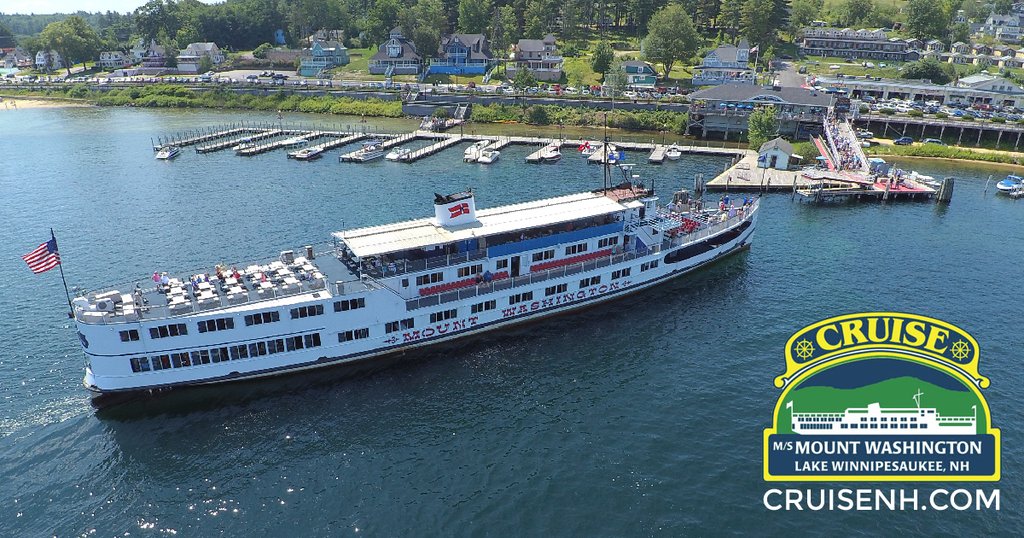By PAULA TRACY, InDepthNH.org
CONCORD – Amusement parks will be able to expand capacity from 25 to 35 percent and cruise boats and excursion trains from 50 to 100 percent provided their guests can maintain six feet of social distance, the governor’s policy director said Thursday.
D.J. Bettencourt, Gov. Chris Sununu’s policy director, outlined these and other plans for the state to drop some individual industry guidance requirements, which he believes will go into effect at the end of the day on Friday after the governor formally authorizes the order.
Bettencourt is chair of the Governor’s Economic Reopening Task Force. He gave a quick overview of what to expect to hear from the governor at Thursday’s meeting.
Fun and Games
Amusement parks are hoping to stay open longer in the fall depending on the workforce and weather to recoup some of the losses from earlier this season, Bettencourt said.
He said Sununu has agreed to this “modest” capacity change which will help kids and families have more fun at Santa’s Village, Storyland and Canobie Lake Park.
Dinner trains, scenic boat tours, and sightseeing vans will also get some relief from the COVID-19 restrictions.
Taylor Caswell, commissioner of the state Department of Business and Economic Affairs, said these changes would improve consistency between similar industries.
The occupancy limits will be lifted from 50 percent to 100 percent, he said, but guests must maintain social distance and wear masks.
“Groups will obviously be able to be together but wearing masks,” Caswell said.
At the summit of Mount Washington, the Cog Railway guests disembark at the summit but will be warned prior to leaving the base area that there might be limited shelter, which addresses concerns expressed last week by Cog owner Wayne Presby.
Guideline Changes
Bettencourt said changes were needed in the universal guidance document that businesses and industries are using to reopen, which includes a lot of restrictions on workplace capacities and sanitation but needed to be adjusted “as we learn more about COVID-19, we understood they were not as big of an issue as we had perceived.”
Bettencourt said a number of individual industries will have their guidance dropped and replaced with the universal guidance.
He said the clarity and ease of use with guidance documents also called for the reforms in the universal guidance.
But there was some push-back to the recent changes, he noted. One big area of concern pertained to quarantine for business travel outside of New England, and changes that made it too restrictive on workers who had to stay home for 14 days after travel, with no opt-out for testing.
Bettencourt said he expects that by Friday Sununu will sign a change to allow no quarantine for essential business travel or shared parental custody. It reads that those employees who report “a travel-related risk factor” for COVID-19 must quarantine for 14 days, however.
They do not need a test for COVID-19 unless they develop symptoms. There is no exemption for vacation travel outside of New England, Bettencourt stressed.
He noted that the CDC has dropped any quarantine requirement related to travel but “the governor is not there yet,” for New Hampshire, which has lower cases than many areas of the country.
A new provision in the universal guidance will also address exemptions for those whose symptoms are similar for COVID-19 but are explainable due to having allergies or a hangover.
Symptoms for seasonal allergies or the employee showing up to work with a hangover will be in the new language, Bettencourt said. The new guidance will also address those who have a medical reason to not wear a mask at work.
It said that it is OK to not wear a mask for those individuals but recommends the employer modify work responsibilities to work remotely away from the public or separated by barriers and other provisions.





